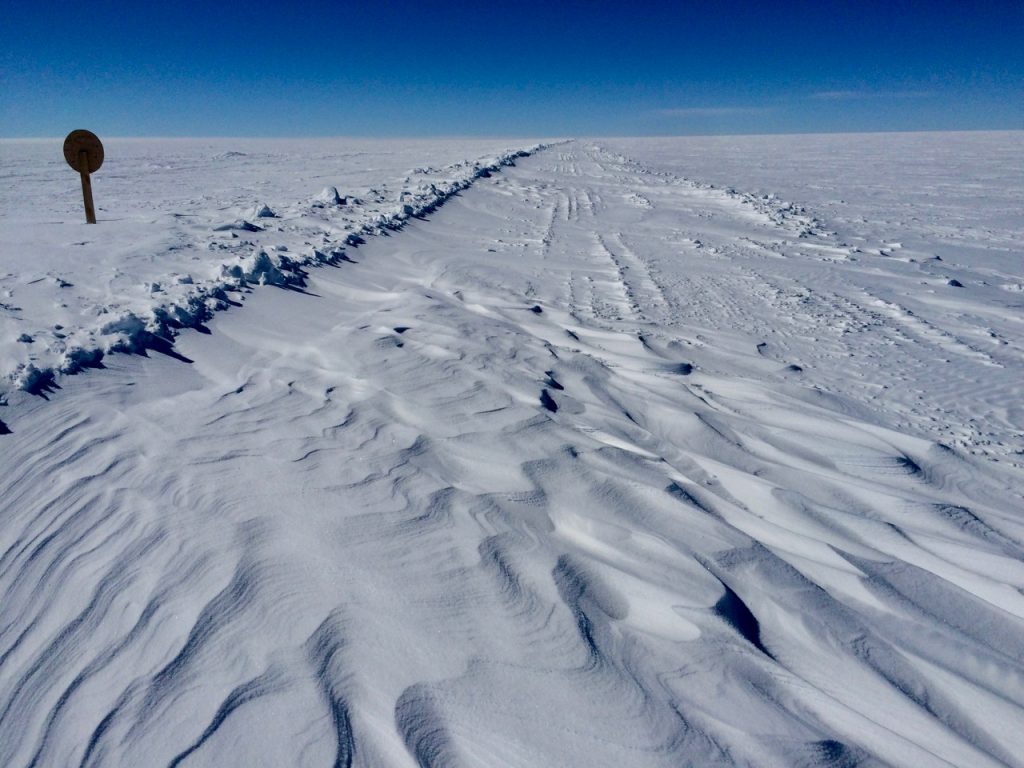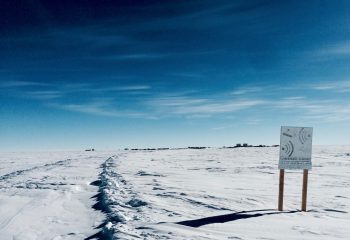Dr. Carole Dangoisse was the ESA-sponsored medical doctor spending 12 months at Concordia research station in Antarctica. She facilitated a number of experiments on the effects of isolation, light deprivation, and extreme temperatures on the human body and mind. In the following post, Carole discusses a “raid” in Antarctica.
Like astronauts whose bones and muscles do not have to resist gravity in space, being stranded indoors most of the time during the winter means we are at risk of “wasting” away.
The stress related to our isolation can also have negative effects. The previous crew is a living testimony of the hardships of spending a full winter in Antarctica: they have all lost weight and sometimes in significant amounts.
I am intent on devising a special programme to stay fit. I start mildly, doing one hour-long stretching lessons led by the station leader, Nicolas, on Sunday mornings. Self-defense courses follow, given by the station’s summer military doctor. I also try out one of the indoor bikes. Will I ever be able to do more than puff away after just a few metres?
Marathon on ice
After about a month here, two colleagues and I decide to try a run outdoors. I had run a half-marathon a few years ago, and I would like to enter the special league of full marathon runners when I get back to normal life.
We go painstakingly slowly to burn our lungs, running to the summer camp and back, the equivalent of an Olympian full kilometre. I actually devour my lunch after this – running in the snow by –30°C, and at 3800 metres altitude definitely burns a few calories!
After being warned by a number of people and reading a little about running in extremely cold temperatures, we agree that the effort might not be worth the risk. Long walks outside will have to do for now, as we carry about 10 kg extra clothes with the snow suit, huge boots, double hats and triple mittens. Leisurely strolls around the grounds are already an exercise in themselves.






Discussion: no comments